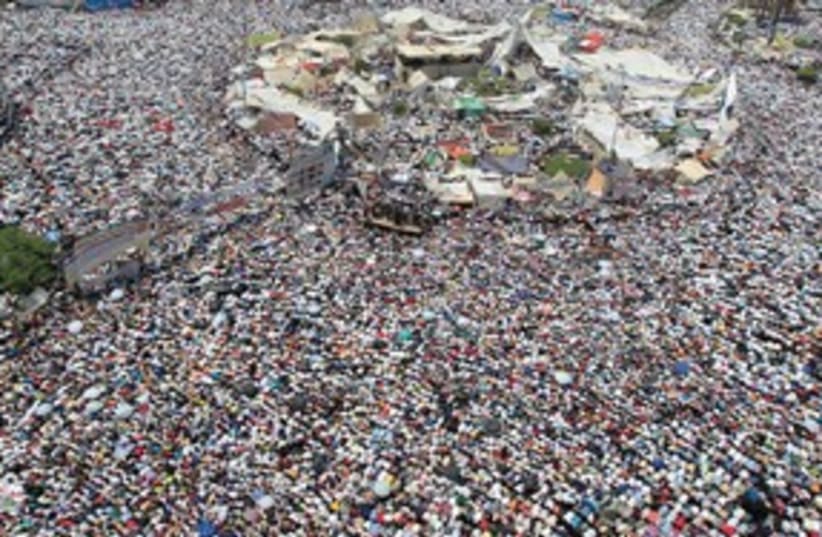Reality Check: Getting back to the negotiating table
Once America’s next president is installed, a new government is established in Jerusalem and the Syrian crisis resolves itself one way or another, there will be a pressing need for Israel to seek a return to the negotiating table.
